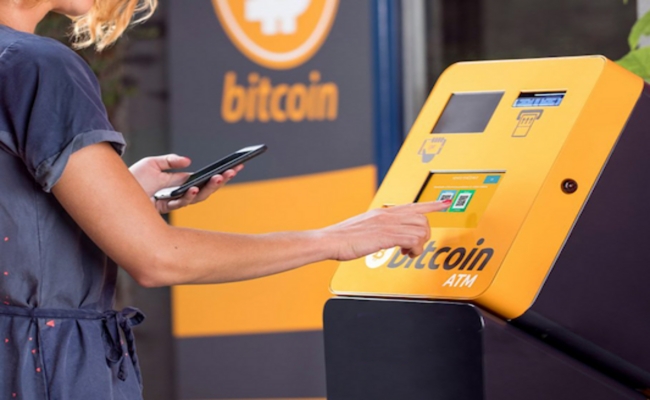Highlights:
- Spokane has ordered the removal of all crypto ATMs to protect residents from rising scam cases.
- FBI data shows older victims lost over $100 million through crypto ATM scams in 2024.
- Lawmakers have proposed limits and safety checks on crypto ATMs to reduce fraud and protect users.
The Spokane City Council has voted to remove all virtual currency kiosks from within city limits. This decision followed a unanimous vote on June 17, making Spokane the first city in Washington state to take such action. The ordinance directs operators to remove nearly 45 machines installed at local convenience stores, gas stations, and grocery shops. Operators must remove the machines within 60 days or risk civil penalties and possible license suspension.
🚨 Spokane, Washington's 2nd biggest city, has banned crypto ATMs to combat rising scams and protect vulnerable residents. Operators have 60 days to remove the machines. Stay informed and safe! 💡 #CryptoNews #Scams #MercexNews #Mercex
— Mercex (@mercex_io) June 18, 2025
According to Paul Dillon, the council member who sponsored the measure, the ban is meant to protect the residents who have experienced increased cases of fraud. He observed that most kiosks have been situated in low-income areas where vulnerable people easily become victims of fraud. Dillon explained that the city had witnessed a sharp increase in incidents where scammers used the kiosks to deceive people. He added that this measure would help reduce future scam activities in Spokane.
Police detective Tim Schwering also supported the motion. He reported that scammers often pose as officials and pressure people to use these kiosks to transfer money. Schwering explained that funds are typically sent to overseas accounts in countries such as China, North Korea, and Russia.
Crypto ATMs Linked to Surge in Scams Targeting Mostly Old People
Scammers have increasingly used crypto ATMs as major tools in fraud across the country. A report by the FBI indicated that such machines received nearly 11,000 complaints and caused total losses of $246.7 million. The report also stated that scammers caused over $141 million in losses in Washington state. Scammers defrauded older residents in most of these cases using impersonation tricks.
Scammers often pretend to be law enforcement or tax officials and convince victims to protect their funds by converting cash into cryptocurrency. In several cases, they threatened victims with jail time if they failed to act quickly. Schwering confirmed that older residents were most frequently targeted and often lost their life savings.
FBI data also showed that over 8,000 complaints in 2024 came from victims aged 60 and above, who lost more than $107 million in total. Detective Schwering told the council that some cases involved victims placing thousands of dollars into an ATM while speaking to scammers on the phone.
Cities and Lawmakers Push Back Against Virtual Currency Kiosks
Other cities have also begun addressing the risks linked to crypto ATMs. Other cities that have already prohibited the use of such machines include Stillwater, Minnesota, in April, following similar scams. Some cities in that state are also revisiting their policies and can also take the course. These measures indicate a bigger issue in the increasing volume of fraudulent incidents associated with crypto machines.
In the meantime, the legislators have proposed the Crypto ATM Fraud Prevention Act. In this proposed legislation, there are daily and weekly restrictions on transaction values for new users. It would also demand both printouts of receipts and warnings about scams on every machine and voice confirmation of large transactions. In Australia, identity checks and scam alerts on high-risk transactions are already implemented.
Best Crypto Exchange
- Over 90 top cryptos to trade
- Regulated by top-tier entities
- User-friendly trading app
- 30+ million users
eToro is a multi-asset investment platform. The value of your investments may go up or down. Your capital is at risk. Don’t invest unless you’re prepared to lose all the money you invest. This is a high-risk investment, and you should not expect to be protected if something goes wrong.






